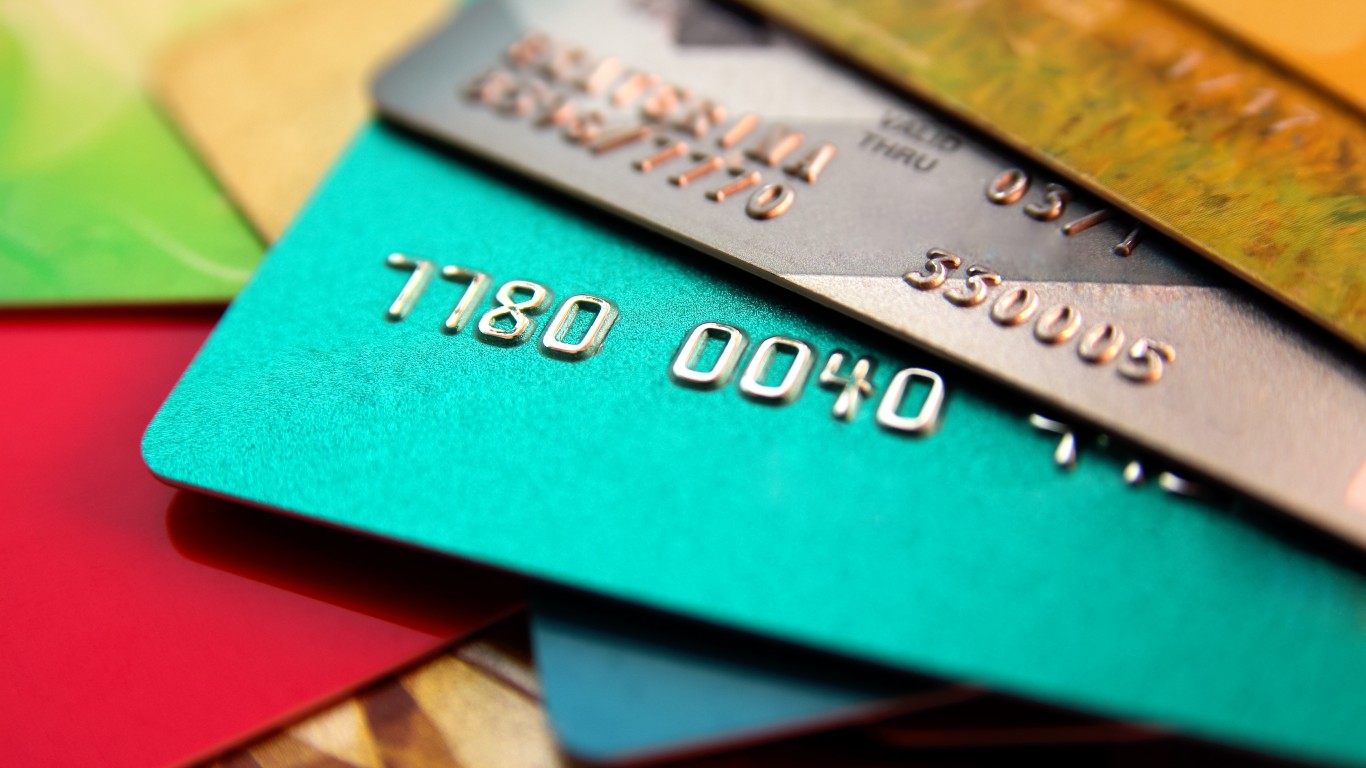Personal Finance
I have terminal cancer and after bills am only left with a 401(k). What are my options now?

Published:

America is the only developed nation where people and families regularly go bankrupt because of medical debt. In this country we pay the highest amounts for healthcare yet we have lower healthcare outcomes than other comparable nations and a dwindling life expectancy. But every year, healthcare companies report record profits. What can a normal person do to survive?
It is unlikely that you can pay off your entire medical debt before you die, so most people recommend just ignoring it completely.
Credit cards can be a fantastic way to pay debt or make ends meet near the end of life without having to pay it back.
The right cash back credit card can earn you hundreds, or thousands of dollars a year for free. Our top pick pays up to 5% cash back, a $200 bonus on top, and $0 annual fee. Click here to apply now (Sponsor)
One person was wondering what they should do with their mounting medical debt in the last couple years of their life and was considering using their 401(k) to pay their bills. They took their concerns to the people in the r/personalfinance community. Here is what they said.

The author of the original post says that they have terminal cancer and will probably be dead within three to five years. They are disabled from multiple broken backs due to the cancer eating the bone in their spine.
They say that their medical bills have wiped out their life’s savings and everything they ever saved or had financially except their 401(k) which has around $270,000.
The author receives around $5,000 every month from Social Security, which is their only income, and they only have around $6,400 in their bank account.
They have to pay around $8,000 every month for medical bills and have had to resort to using a credit card to survive. It has a $30,000 balance currently.
The author was thinking about taking money from their 401(k) and paying off the credit card and then using the rest to pay the monthly medical bills. Their wife might get a job as well to help pay the bills, but they also want to have some money left over to leave for their family when they die.
They asked the community for their recommendations and ideas.

Please remember that all the comments in the original thread and the information in this article are opinions. You should speak to a financial expert before making any significant financial decision.
Despite some small differences in opinions and personal anecdotes, the vast majority of the commenters who responded were in agreement on how the author should approach this trial in their life.
First, they all agreed that they should not take the timeline for the illness as gospel. Medical diagnoses and how much time the person has left are based on the data of other patients, not the patients themselves, so it is possible they could die much sooner or even live long past the most extreme estimates. This could mean outliving their 401(k) savings if they’re not careful. They cautioned the author against being too cavalier in withdrawing money from their account too fast, as this will also send them into a higher tax bracket for that year.
Second, most recommended that the author meet with a financial consultant and a lawyer first. These experts would be able to recommend the best course of action to not only save money but make the most of their time and savings. They can help the author remove family names from home deeds and titles and mitigate any chances that insurance companies will come after them for whatever debt is left when the author dies. They can also help the author look into what survivor benefits and payouts the family can collect in the worst-case scenario.
Third, commenters recommended against paying more than what was absolutely necessary to stay alive and in their home. This includes medical bills and credit card debt. Chances are the author will be long dead by the time insurance companies try to come after them for their money, and credit card companies are more likely to write off the lost money instead of trying to come after any family to try and collect. Medical debt has a short timeframe in which it can be collected, and after that, it is usually removed from collection lists, since there is no chance the author could pay off the entire debt by the time they die anyway, why suffer more than necessary the next few years just to pay down a fraction of it? Just ignore it.
Fourth, the main reason for paying credit card debt isn’t necessarily because they will come after you for the money (most people don’t owe enough to justify collection costs) but because not paying debts leads to a lower credit score. After a certain point, credit card companies and banks will stop lending money to you. This won’t be a problem for the author, so most commenters said they could completely ignore their credit card debt and keep opening new cards as long as the companies would let them until the end. This included defaulting on the debt with each new card.
Above all, their main priority should be estate planning and removing the names of their spouse and other family from bank accounts, retirement accounts, brokerage accounts, and deeds and titles.
After two decades of reviewing financial products I haven’t seen anything like this. Credit card companies are at war, handing out free rewards and benefits to win the best customers.
A good cash back card can be worth thousands of dollars a year in free money, not to mention other perks like travel, insurance, and access to fancy lounges.
Our top pick today pays up to 5% cash back, a $200 bonus on top, and $0 annual fee. Click here to apply before they stop offering rewards this generous.
Flywheel Publishing has partnered with CardRatings for our coverage of credit card products. Flywheel Publishing and CardRatings may receive a commission from card issuers.
Thank you for reading! Have some feedback for us?
Contact the 24/7 Wall St. editorial team.